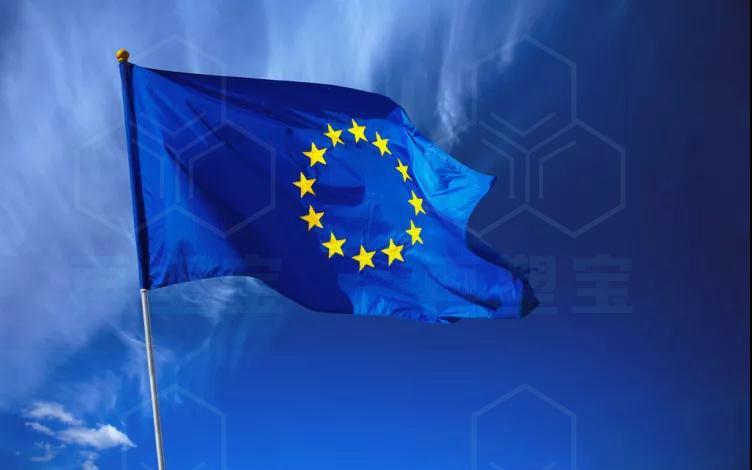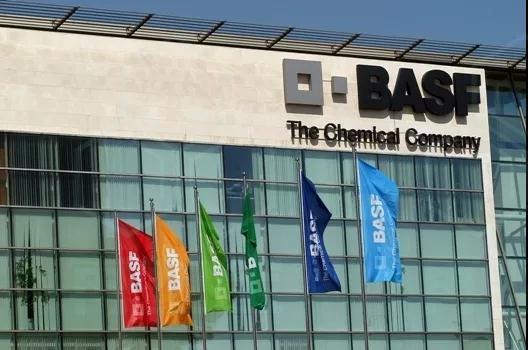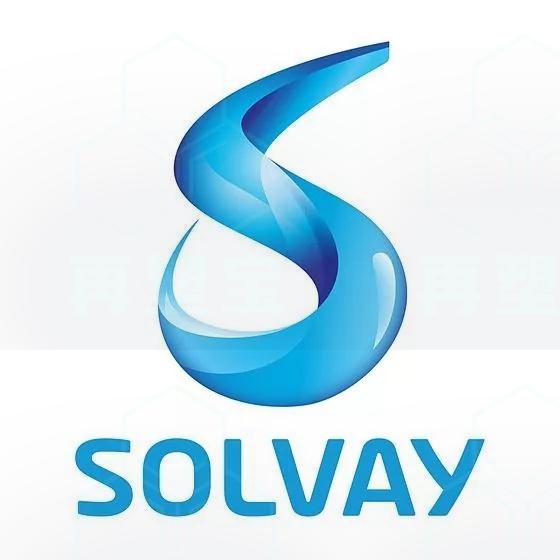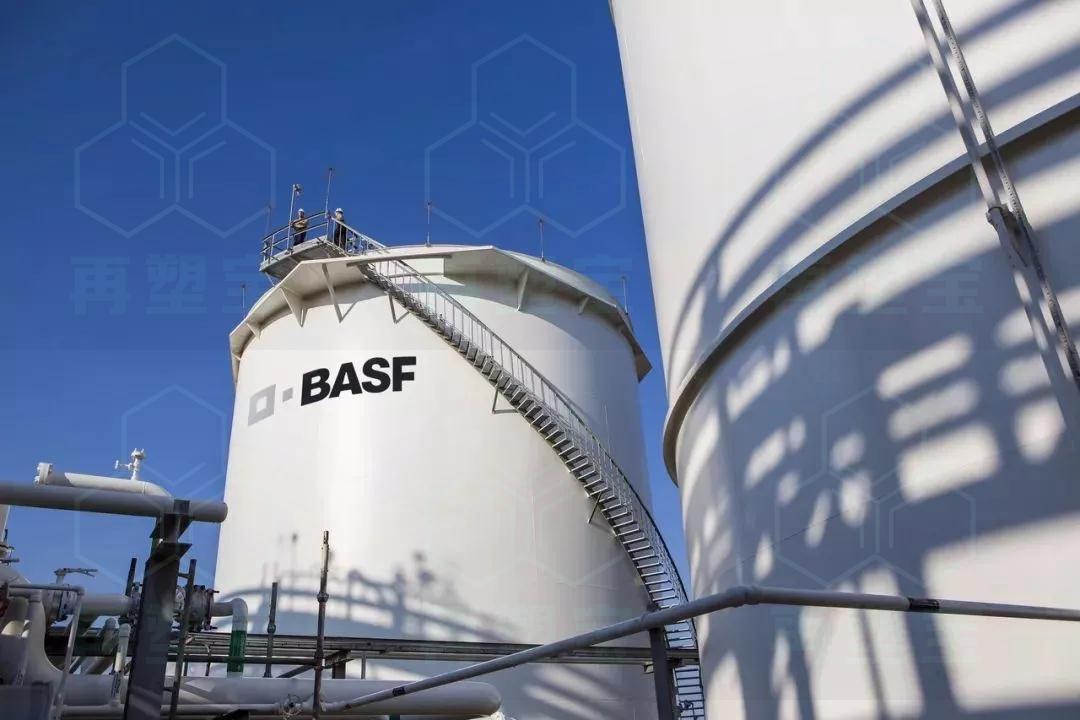On January 21, BASF announced that the European Commission had approved BASF's acquisition of Solvay's PA business on January 18, 2019, subject to the relevant conditions. This approval is an important milestone in the transaction process.
The transaction is expected to be completed in the second half of 2019, provided that all remaining closing conditions are met, including the sale of a portion of the business to a third party as a remedy.

In the European acquisition approval process, BASF is committed to addressing the concerns of the European Commission regarding industry competition.
The European Commission has requested that a portion of the original trading range, namely the production assets and innovation capabilities of the Solvay Polyamide PA business in Europe, be divested to third-party buyers. The related divestiture transfer was launched in the fourth quarter of 2018.
BA's PA business acquired in the Americas and Asia is not affected.
Through this acquisition, BASF will achieve key strategic objectives and significantly enhance the competitiveness of its PA6.6 business. The acquisition will enrich BASF's portfolio of engineering plastics businesses, enhance BASF's access to key growth markets in Asia and South America, and strengthen the value chain by integrating upstream key raw materials such as adiponitrile.
Earlier in January, Reuters reported that BASF will transfer plastic assets, including debt, for 450 million euros.
The report adds that potential buyers of these assets may include SK Innovation in South Korea, China's Blonde Technology, and the owner of the chemical producer Ao Shengde, private equity group SK Capital.
The transaction process of BASF's acquisition of Solvay PA business is quite tortuous. Let's review:

Signed the acquisition agreement in September 2017

September 19, 2017 - BASF and Solvay signed an agreement to sell Solvay PA business to BASF. Cash and debt-free purchase prices will reach 1.6 billion euros.
According to applicable law, it is expected that the transaction will be negotiated by the relevant social groups in Solvay, and the two companies will then enter into a binding purchase agreement. Solvay and BASF's goal is to complete the transaction in the third quarter of 2018 after obtaining formal regulatory approval and formal consent from the joint venture partner. The partner has promised to agree to the acquisition agreement with BASF delivering clear documentation.
The acquisition will complement BASF's portfolio of engineering plastics and expand the company's position as a solution provider for transportation, construction, industrial applications and consumer industries. In this transaction, transactions in Asia and South America will increase opportunities to enter major growth markets. At the same time, the purchase will strengthen BASF's PA66 value chain by increasing the polymerization capacity and subsequent integration with the key raw material ADN (adiponitrile).
For the full year of 2016, Solvay's net sales were 1.315 billion euros and EBITDA was about 200 million euros. There are approximately 2,400 employees worldwide, of which approximately 1,300 are in France. There are 12 production sites, 4 R&D centers and 10 technical support centers around the world. The business will be integrated into BASF's Performance Materials and Monomers divisions.
In June 2018, the EU launched an investigation into the acquisition.
On June 26, 2018, the European Commission announced that it feared that the merger would reduce competition in the supply of important raw materials and intermediate products in the nylon production chain.
Margrethe Vestager, commissioner for competition policy, said that only a few manufacturers currently supply the necessary raw materials for the production of different nylon products.
Therefore, Vestager said that the European Commission needs to carefully assess whether the proposed acquisition will lead to price increases or to reduce the choice of European companies and consumers.
According to the European Commission, the company after the completion of the transaction has a market size of almost twice that of its nearest competitor in the nylon compound market. The combined company will also control a significant portion of the trade market and a portion of the capacity of the various grades of the nylon production chain.
Solvay is currently the sole manufacturer of the European Economic Area, with production capabilities at all levels of the nylon PA production chain, including raw materials adiponitrile (ADN), nylon compounds and nylon fibers.
BASF also has vertical integration, but does not produce ADN.
In addition, most of BASF's intermediate products are self-use, with only a small percentage of intermediate products sold.
According to the European Commission, no other participant will do such a complete integration in the production chain. “Therefore, competitors will rely on the combined company to continue to provide one or more of the base materials,” the committee added.
In particular, the committee said that its initial market research triggered concerns about the competition for providing basic raw materials for the nylon production chain, including ADN, hexamethylenediamine, adipic acid, hexamethylenediamine adipate, PA66 base polymer and PA66 engineering plastic.
According to the initial market research, competitors are worried that the downstream demand of the new company after the transaction will increase, and it may stop providing these basic materials.
In October 2018, BASF proposed a remedial plan
In October 2018, in order to dispel the concerns of the European Commission, BASF proposed to abandon the acquisition of some of Solvay Europe's polyamide business, including the innovative capabilities of Solvay's intermediate and engineering plastics business and its manufacturing-related assets.
Some transactions involving Asian and South American businesses are not affected by remedial measures.
Through this acquisition, BASF will continue to complement the engineering plastics portfolio, increase access to key growth markets in Asia and South America, and strengthen its value chain by integrating key raw materials such as upstream ADN (adiponitrile) to achieve its key strategic objectives.
Subsequently, the European Commission began reviewing the programme and submitted it to the market for testing before the review process was completed.
Formally approved on January 18, 2019
On January 18, 2019, the European Commission approved BASF's acquisition of Solvay's PA business subject to the relevant conditions, including the sale of a part of the business to a third party as a remedy.

At present, BASF is actively transferring the production assets and innovation capabilities of Solvay in Europe to third-party buyers. The relevant divestiture transfer has been launched in the fourth quarter of 2018.
Through this acquisition, BASF will achieve key strategic objectives and significantly enhance the competitiveness of its PA66 business.
The acquisition will enrich BASF's portfolio of engineering plastics businesses, enhance BASF's access to key growth markets in Asia and South America, and strengthen the value chain by integrating upstream key raw materials such as adiponitrile.
Recent Posts
Copyright© 再塑宝国际站 www.zaisubao.com 京ICP备16042268号-1 All Rights Reserved